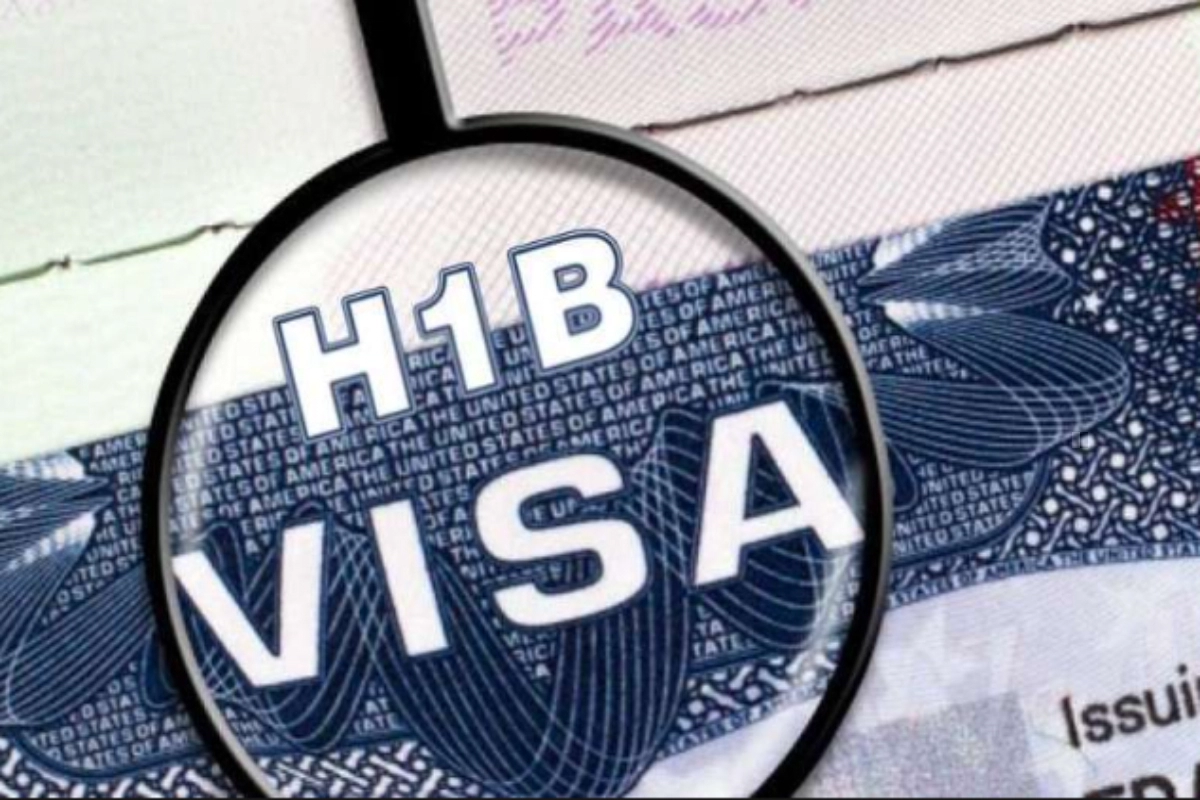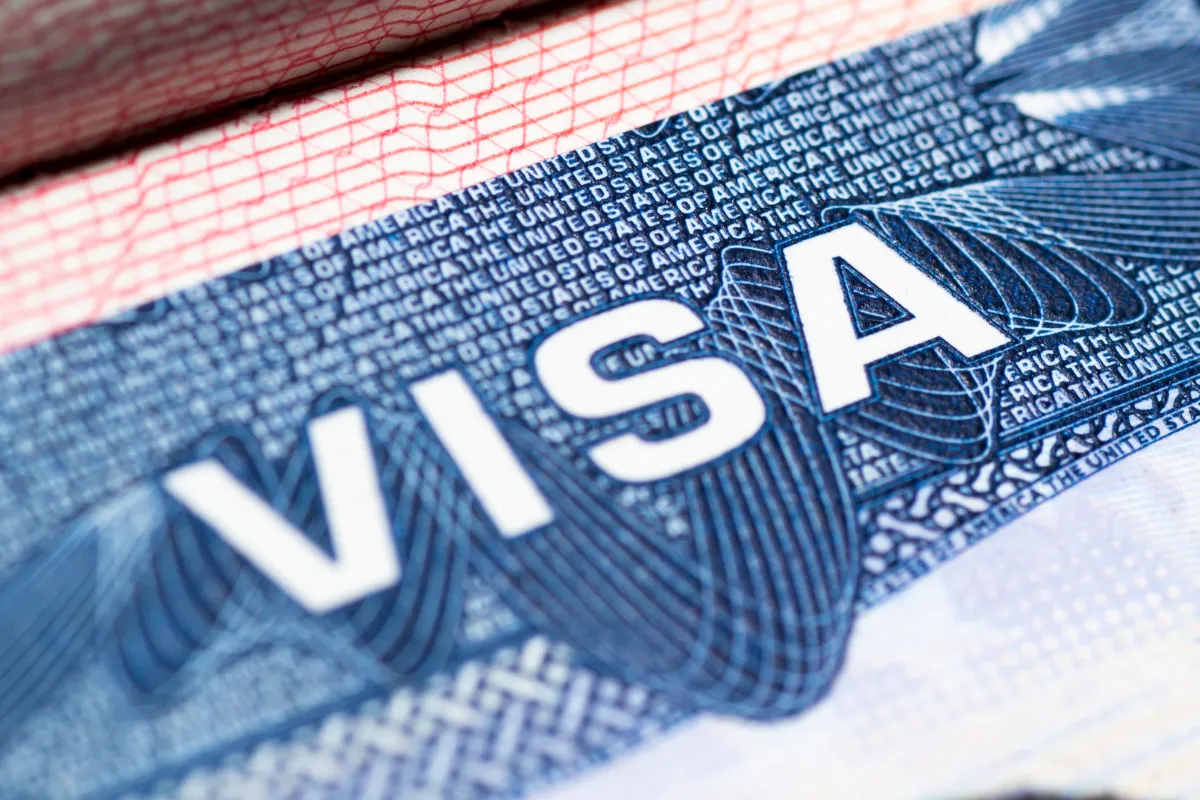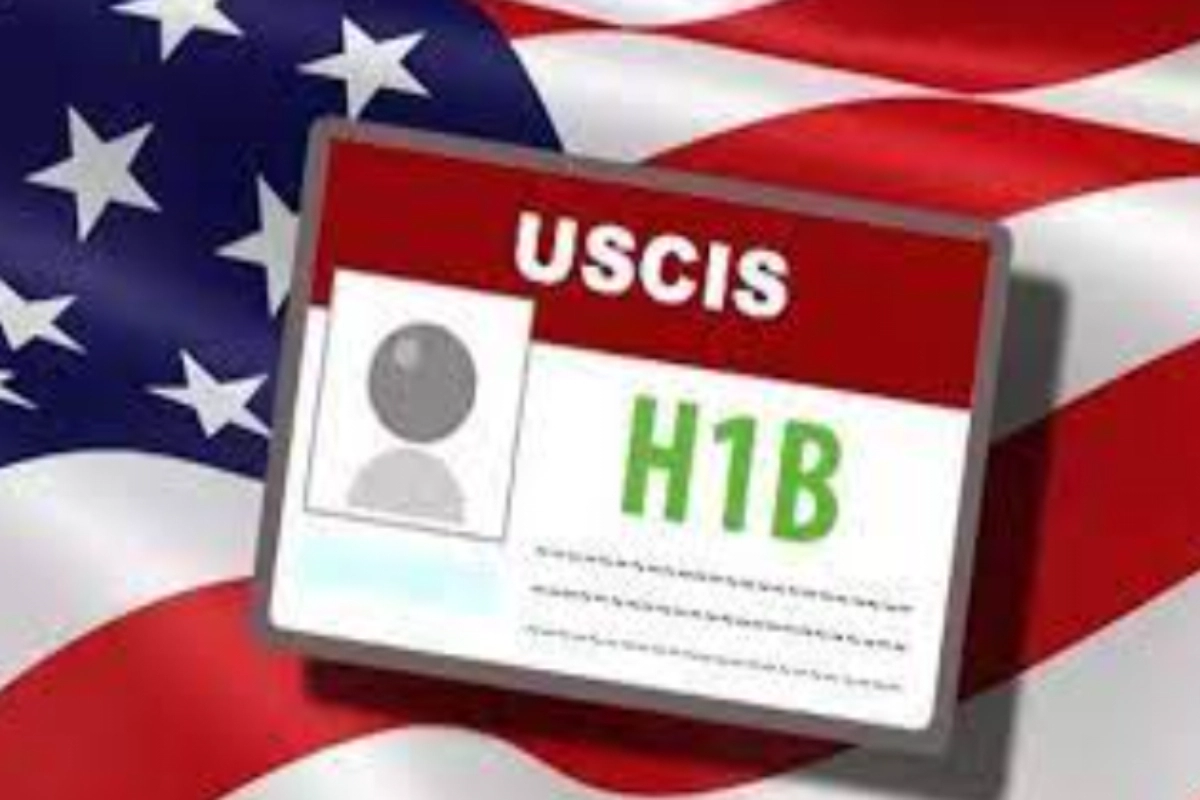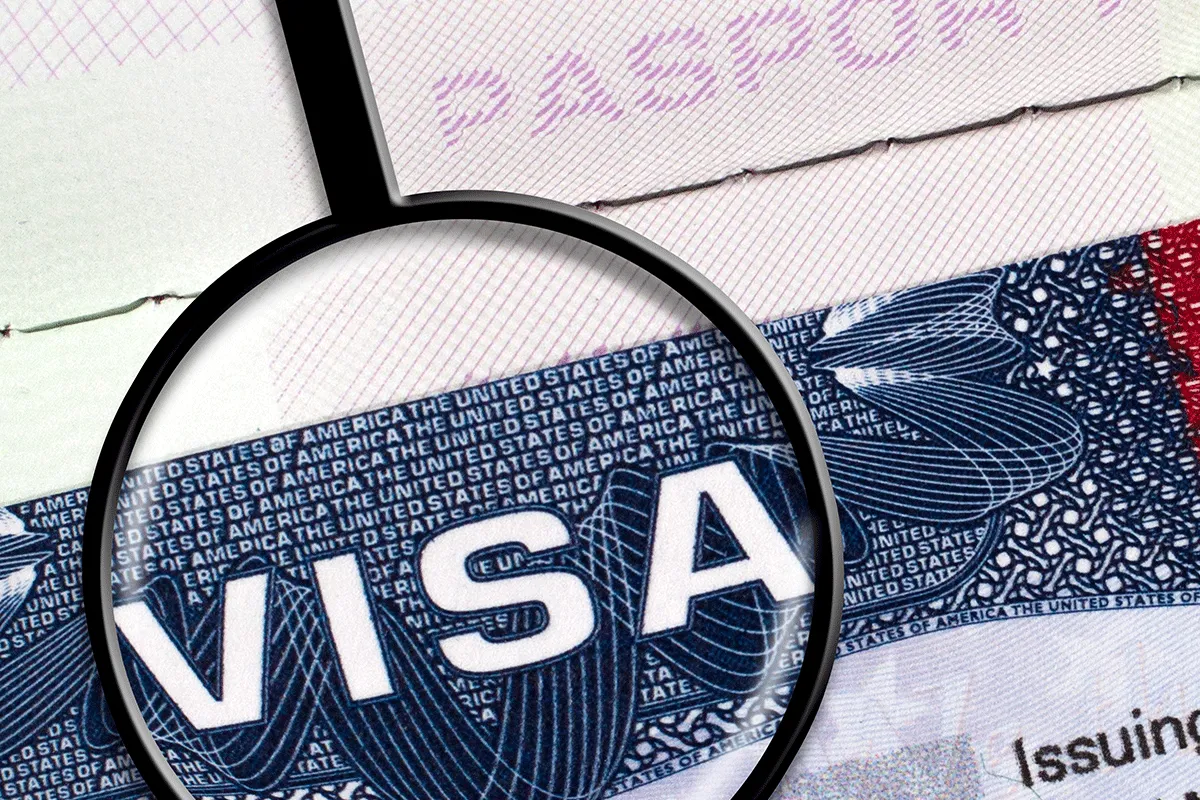US Visa: The H-1B, L-1, and EB-5 visas—the most sought-after by Indians—among the other non-immigrant visa categories have seen a sharp rise in costs announced by the US. The first fee increase since 2016 will take effect on April 1, 2024.
Specialized Jobs and Recruitment of Foreign Nationals
Non-immigrant visas such as the H-1B permit US employers to hire foreign nationals for specialised jobs requiring advanced technical or theoretical training. Tens of thousands of workers from China and India are hired by IT companies every year thanks to it.
Launched by the US government in 1990, the EB-5 programme allows high-net-worth foreign investors to invest a minimum of $5,000,000 in a US business that supports the creation of 10 employment for American workers, thereby enabling them to receive a US visa for themselves and their family. The new I-129 H-1B application visa cost will take effect on April 1st and will increase from $460 to $780. Starting in the next year, the H1B registration fee will rise from $10 to $215.
EB-5 Visa Fee Surge
A federal notification released on Wednesday states that the cost of EB-5 visas, often called investment visas, has gone from $3,675 to $11,160, while the cost of L-1 visas has climbed from $460 to $1,385.
For intracompany transferees, the US has a non-immigrant visa type called L-1. It enables international corporations to temporarily assign some of their staff members from their overseas operations to work in the US.
USCIS Forms and Fee Structure Modifications
Net costs, benefits, and transfer payments will come from the fee revisions as well as modifications to the forms and fee structures utilised by US Citizenship and Immigration Services (USCIS), according to the Department of Homeland Security’s federal announcement. The US Department of Homeland Security (DHS) projects that the annualised net costs to the public for the 10-year rule analysis period (FY 2024 through FY 2033) will be $157,005,952, discounted at a rate of three and seven percent. Over a ten-year period, the estimated total net costs will be $1,339,292,617 discounted at 3% and $1,102,744,106 discounted at 7%
DHS Benefits from Rule Modifications
DHS contended that the final rule’s modifications will benefit both it and petitioners and applicants for immigration benefits in a number of ways. The government stands to gain from decreased administrative burdens and fee processing errors, enhanced adjudicative process efficiency, and improved capacity to evaluate service costs for future laws that better match fees.
Reduced fee processing errors, enhanced adjudicative process efficiency, simplified fee payment procedures for certain forms, removal of the $30 returned cheque fee, and, for many applicants, restricted fee increases and additional fee exemptions to lessen fee burdens are the main advantages to the petitioners/applicants. The federal statement also included a small decrease in visa application fees for numerous categories.
Keep watching our YouTube Channel ‘DNP INDIA’. Also, please subscribe and follow us on FACEBOOK, INSTAGRAM, and TWITTER
.











